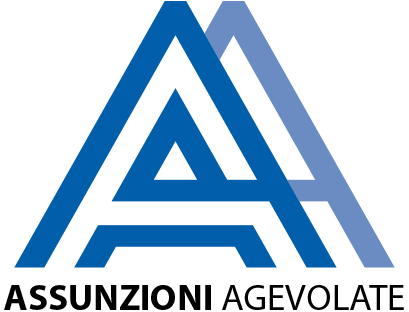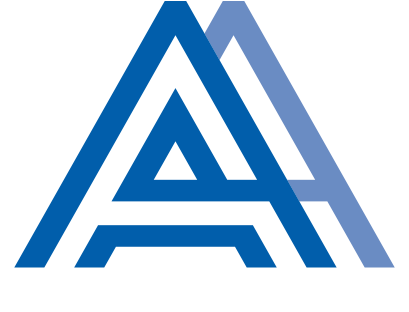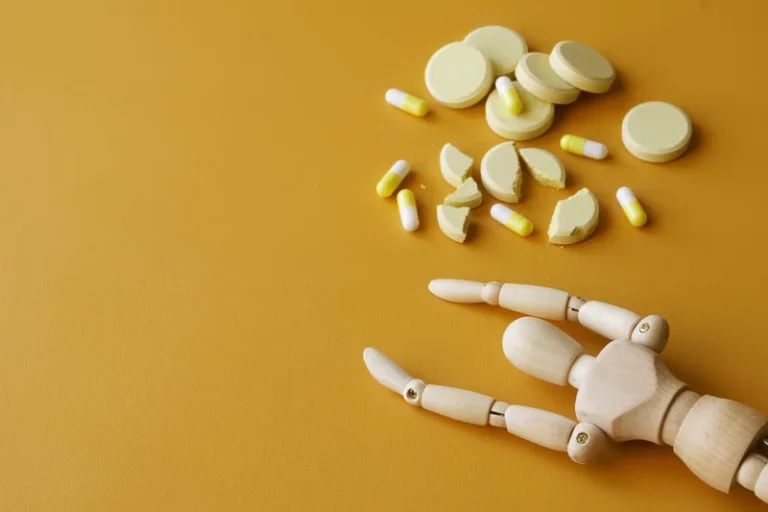
It also provides an overview of the alcohol withdrawal timeline process and when to discuss your drinking with your healthcare provider. Not everyone with an alcohol use disorder develops a physical dependence to alcohol, but people may exhibit other physicalsymptoms. Because long-term heavy alcohol use can damage almost every organ in the body, a person with an alcohol usedisorder can develop an array ofalcohol-related diseases and disorders that cause many symptoms. Alcohol abuse is different from AUD, the more “severe” of the two conditions. People who abuse alcohol but aren’t physically addicted may experience the same signs and symptoms as people who have AUD. But people who abuse alcohol often don’t have the same cravings or need to drink that a person with AUD does.
Who Experiences Alcohol Withdrawal Symptoms?
- AUD is the most common substance use disorder in the U.S., affecting 28.8 million adults.
- Substances of abuse deliver an intense sensation that creates a neurochemically driven motivation to repeat the experience again and again.
- If you don’t have any symptoms, then staying within the limits provided in the 2020–2025 Dietary Guidelines for Americans could reduce your chances of having problems in the future.
- When a person stops drinking suddenly, their body experiences a degree of shock as the nervous system struggles to adapt to the lack of alcohol, which can lead to alcohol withdrawal syndrome.
- It helps identify negative thoughts and behaviors and replace them with more constructive ones.
- There has been increasing interest in studying psychedelic and meditation-based interventions in recent years, for mental health issues and as tools for understanding the mind.
- Tolerance becomes noticeable, as you must drink more to reach the desired effect and feeling.
Another complication is alcohol withdrawal syndrome, which may occur after you stop drinking and can cause symptoms such as nausea, shaking, and sweating. It can also lead to serious symptoms like seizures, fever, or hallucinations, and can be a medical emergency. Healthcare professionals offer AUD care in more settings than just specialty addiction programs.
Physical Dependence On Alcohol
If alcohol is interfering with your health or your personal, financial, or professional life, consider quitting. If AUD is not treated, it can increase your risk for serious health problems. After completing treatment for AUD, it’s possible to have a risk of relapse. It’s important to recognize warning signs and seek help if you’re concerned about having a relapse. For some people, alcohol misuse results from psychological or social factors.
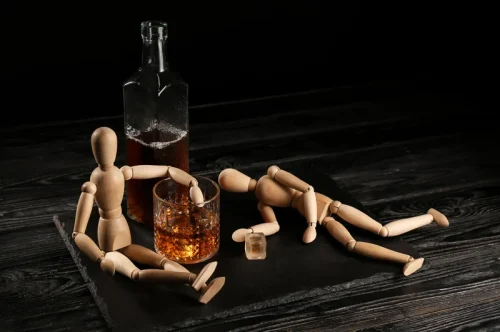
Seeking Professional Help: When and How to Reach Out
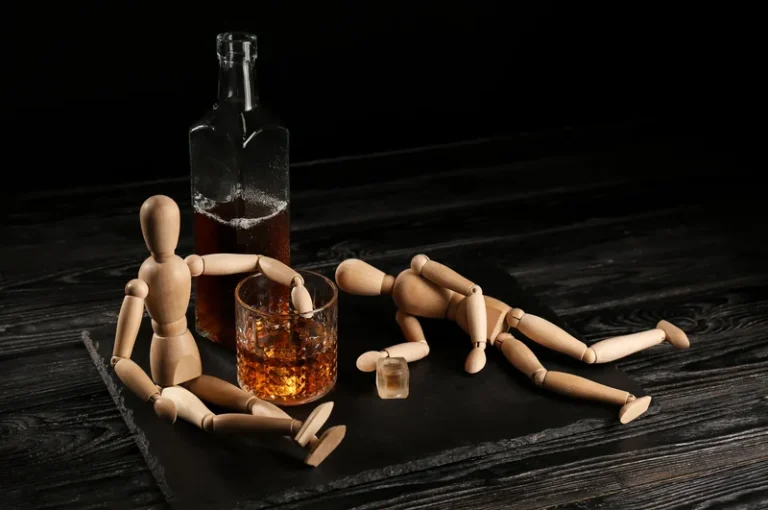
A single instance of excessive drinking or a temporary change in behavior doesn’t necessarily indicate alcohol addiction. However, recurring patterns of behavior that deviate from an individual’s norm should raise concern. People who are dependent on alcohol often experience poor mental health. If you can, talk honestly with the person you’re concerned about, and try to persuade them to see a doctor. It can be very difficult for signs and symptoms of alcohol dependence people who are dependent on alcohol to admit they have a problem but being supportive, open and non-judgemental can make them feel safe. Medically, it’s recognised as a type of ‘alcohol-use disorder’ which can be treated.

Psychological Dependency Indicators
- It’s partly down to your genes,11 but is also influenced by your family’s attitudes to alcohol and the environment you grow up in.
- In addition, your alcohol use may significantly impact your personal, professional, and social life.
- The National Institute on Alcohol Abuse and Alcoholism (NIAAA) reports that about 26% of adults engaged in binge drinking in the past month.
- Family members, colleagues, and friends may also be asked to answer similar questions.
- Attempts to stop drug use may cause intense cravings and make you feel physically ill.
- Behavioral treatment programs are helpful for people who want to quit drinking.
Chuck Colton, a 56-year-old mental health counselor at Urban Alchemy in Los Angeles who formerly struggled with addiction and was unhoused, has some pointers. For people who have no personal experience with addiction, it’s easy to get a distorted idea of what the disease is actually like. But there’s no better way to correct these misconceptions than to talk to the people who know the subject firsthand. We asked some people whose lives have been touched by addiction to share the single most important message https://ecosoberhouse.com/ they want everyone to understand.
It’s important that each person get involved in a recovery program that will support long-term sobriety. This could mean an emphasis on therapy for someone who is depressed, or inpatient treatment for someone with severe withdrawal symptoms. We know more about ADHD treatment and substance use prevention than ever before.
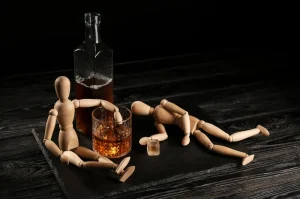

How alcohol misuse is treated depends on how much alcohol a person is drinking. As well as the NHS, there are a number of charities and support groups across the UK that provide support and advice for people with an alcohol misuse problem. This often leads to “relief drinking” to avoid withdrawal symptoms. If someone loses control over their drinking and has an excessive desire to drink, it’s known as dependent drinking (alcoholism). People who binge drink (drink heavily over a short period of time) are more likely to behave recklessly and are at greater risk of being in an accident.
- The other misconception held by parents is that they would be able to “tell” if their child was using substances.
- Alcoholism can be difficult to detect from the outside, particularly early in the course of the disease.
- Typically, a diagnosis of alcohol use disorder doesn’t require any other type of diagnostic test.
- Withdrawal symptoms do not occur with all substances; for example, stopping hallucinogens or marijuana does not typically lead to withdrawal symptoms.
If you find it very difficult to enjoy yourself or relax without having a drink, you could have become dependent on alcohol. Even if you don’t recognise the symptoms above, there are varying degrees of alcohol dependence. If you’re worried that you have any of these symptoms, talk to a health professional at your GP surgery or seek further information from one of the organisations at the bottom of this page.
